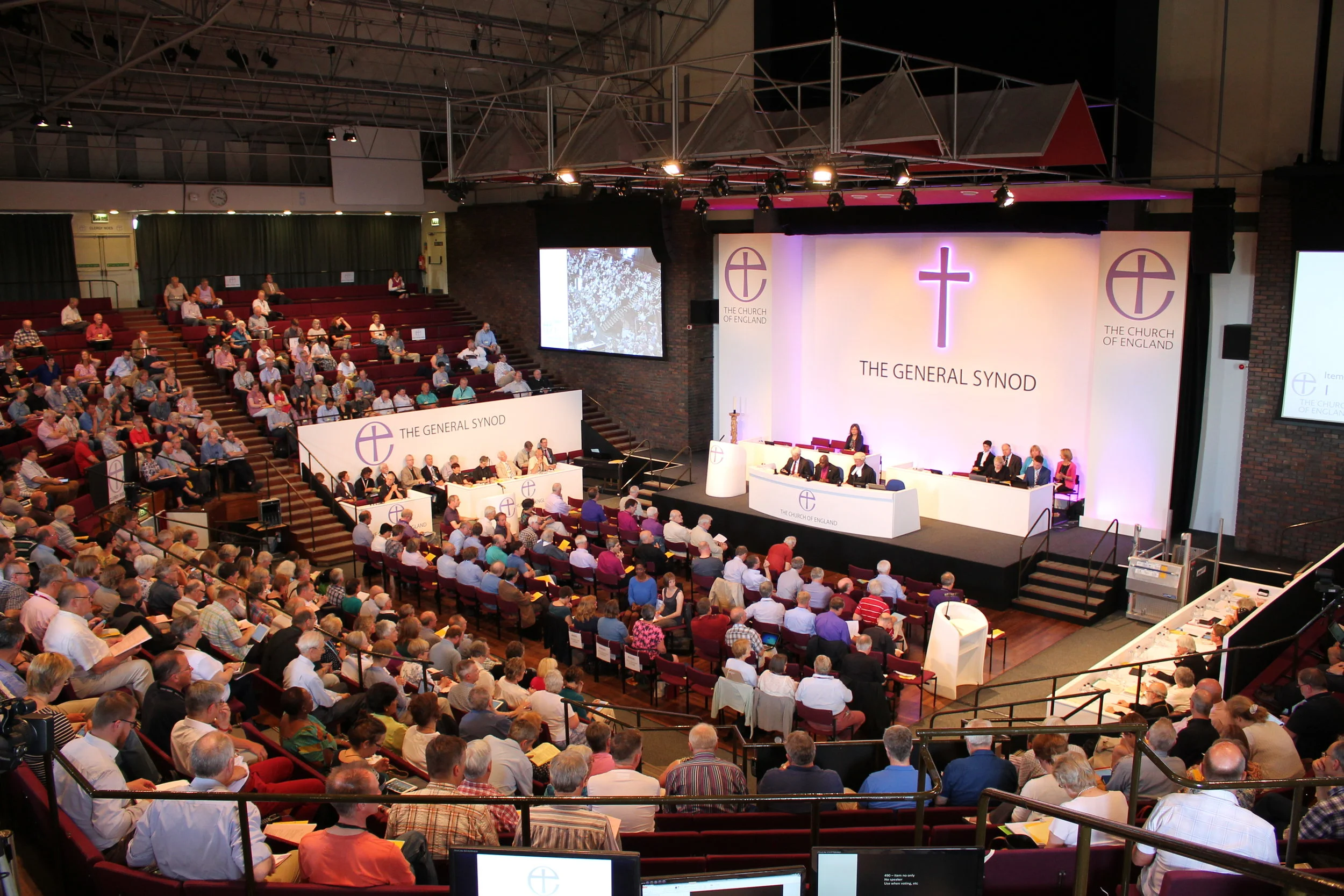One of the major themes of the Christmas season is the message of the coming of Light into the darkness of our world. As John says in his Gospel, speaking of the Lord Jesus, “The true light that gives light to everyone was coming into the world.” (John 1:9)
Yet some 2,019 years later, there is still much darkness in this world. We see pictures in newspapers and on television that speak of suffering and despair in different countries and regions, and even here on the island of Ireland, both north and south, many live their lives with a lack of security and an absence of hope.
The ongoing uncertainty of Brexit has added to those worries, both for businesspeople and ordinary citizens alike. Many businesses fear for the future, while many families, struggling to make ends meet today, are anxious about what that future might hold.
It is a great encouragement to see the willingness of people in our local communities to reach out to their neighbours in need through initiatives such as food banks. However, the marked increase in people needing to avail of such facilities is a worrying trend. Added to this, in Northern Ireland the lack of a functioning devolved government not only drains hope from our society, but also has meant an ever increasing pressure on our schools, our hospitals, our welfare system and many other aspects of society’s infrastructure. As so often happens, it is the vulnerable and the marginalised that suffer most and they should be at the forefront of our thoughts and prayers as we enter into a new year.
While such situations can be very challenging for many people, today across Ireland there are also glimmers of hope. Up and down the island, neighbours are looking out for neighbours. Ordinary people, community and church groups are caring for those in need. People of good intent are stepping up to the mark and giving positive leadership on the ground, working for the common good. In villages and towns across the island political, church and community leaders are making a difference at a local level.
As Church Leaders we have urged the leaders of our political parties in Northern Ireland to do the same – to make a difference and to bring a sense of hope. We were encouraged by the willingness of party leaders to meet with us last September, as we sought to provide a safe space to facilitate open discussion and mutual understanding. A series of regional meetings is also underway, bringing together local politicians, community and church leaders to talk with one another, to build relationships and again to foster mutual understanding. Such initiatives, along with others being taken by different people of good will at local and regional level, can bring glimmers of hope. For that we want to give thanks – it’s always better to light a candle than simply to curse the darkness.
The Christmas message of the Light coming into our darkness brings us our ultimate hope, for it is the Lord Jesus Christ who remains the hope of the world. No matter how dark our world might be, the Gospel reminds us, “The light shines in the darkness, and the darkness has not overcome it.” (John 1:5). At the start of this New Year, may we put our trust in Him – as we look to Him in simple faith and in His name seek to bring hope and light to our local community and to this our island home.
May you know the blessing of the Lord in the year that lies ahead.
The Most Revd Dr Richard Clarke, Church of Ireland Archbishop of Armagh and Primate of All Ireland
The Most Revd Eamon Martin, Roman Catholic Archbishop of Armagh and Primate of all Ireland
The Rt Revd Charles McMullen, Moderator of the General Assembly of the Presbyterian Church in Ireland
The Revd Billy Davison, President of the Methodist Church in Ireland
The Revd Brian Anderson, President of the Irish Council of Churches


![Church delegation from COMECE, CEC and CROCEU in Bucharest with Teodor-Viorel Meleșcanu, Minister of Foreign Affairs of Romania. [Photo: COMECE]](https://images.squarespace-cdn.com/content/v1/54abc445e4b034981b610fdc/1548764889730-0VJ0M0RQIFOLWJRII9YQ/CEC.jpg)

![Archbishop Justin Welby and Bishop Heinrich Bedford-Strohm in the Chapel of Lambeth Palace [Photo: Lambeth Palace]](https://images.squarespace-cdn.com/content/v1/54abc445e4b034981b610fdc/1544197169208-IJNOWK0H1MHUTQNXYVD7/445.jpg)

![Some of the participants at the International Anglican Family Network regional consultation in the Church of the Province of Central Africa [Photo: IFAN]](https://images.squarespace-cdn.com/content/v1/54abc445e4b034981b610fdc/1541094474859-O9TYFMJ9A27ONQ3LVH98/Role+of+youth+.jpg)




![Austrian and European church representatives with Karoline Edtstadler in Vienna. [Photo: BMI/Berger]](https://images.squarespace-cdn.com/content/v1/54abc445e4b034981b610fdc/1533236011304-PMN4QC1S313LHQC2A0LY/CEC.jpg)









